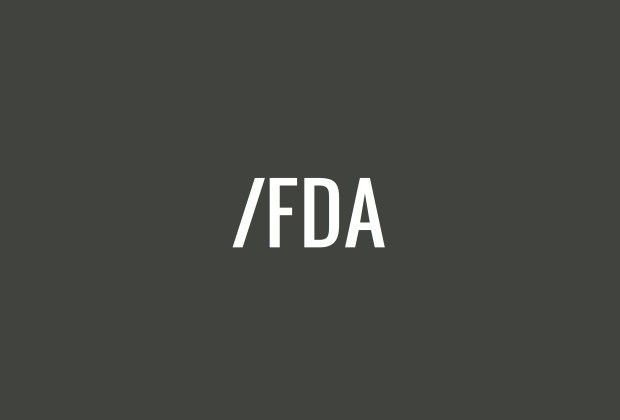The next chapter in the federal lawsuit, Cigar Association of America et al. v. United States Food and Drug Administration et al., will take place on May 4, 2022 at 10:00 a.m. in Washington, D.C.
Judge Amit P. Mehta—the federal court judge who has overseen more of the cigar industry’s litigation against FDA than any other court—has scheduled oral arguments for a hearing over whether the U.S. Food & Drug Administration acted properly in 2016 when it was deciding between Option 1 and Option 2.
In 2014, FDA outlined its plan of future tobacco regulation, including its first set of regulations for cigars. At the time, FDA not only talked about what it was planning to do, but—because it is required by law—gave the public and industry the opportunity to comment and ask questions about those plans. It also took the peculiar step of asking whether it should consider regulating some cigars—premium cigars—differently than other cigars. That led to two potential pathways: Option 1, where the agency would regulate all cigars the same; Option 2, where the agency would consider regulating premium cigars differently. Ultimately, it chose Option 1 in May 2016.
The plaintiffs in the case—the Cigar Association of America (CAA), Cigar Rights of America (CRA) and the Premium Cigar Association (PCA), each a trade organization representing the cigar industry—previously filed a motion for summary judgement regarding whether FDA acted arbitrarily and capriciously when it chose to regulate all cigars the same way in May 2016. In the simplest of terms: it’s a question of whether FDA followed all of the rules when it chose not to create a special set of rules for “premium cigars.”
More specifically, it’s likely to focus on two aspects: whether FDA properly evaluated the comments it received about why it should regulate “premium cigars” differently than other cigars and what evidence FDA had that supports its decision.
While a recently published report from an FDA-funded study on premium cigars by the National Academy of Sciences, Engineering, and Medicine (NASEM) is likely to be mentioned during the proceedings, the hearing is technically not supposed to be over the NASEM report or its findings. Instead, the court will try to determine if FDA violated any of the rules set out in the Administrative Procedure Act, a law that regulates how executive agencies like FDA can go about their business. In theory, the hearing should focus on the evidence FDA had as of May 10, 2016 when it formally published its deeming regulations into the federal register.
The cigar industry first filed its motion for summary judgement and permanent injunctive relief in February 2021. That motion—which you can read more about here—focused on four basic arguments:
- Whether FDA properly concluded that the use of premium cigars poses a health risk that warrants regulation.
- Whether FDA has evidence that underage users smoke premium cigars.
- Whether FDA improperly moved the goal posts regarding the health risks questions.
- Whether FDA performed a proper cost benefit analysis regarding the financial impacts of the regulations.
If the plaintiffs are successful, it could have massive impacts on the future of regulation of cigars. While there’s not yet an official FDA definition of “premium cigars,” the most recent definition used by FDA includes most cigars sold in a humidor with the exception of any flavored cigars. If the plaintiffs were to win, the court could strike down some or all of the regulations related to premium cigars.
While the lawsuit has produced a mixed bag of results for the cigar industry, it hasn’t been as effective at striking down this particular area of the regulations, but the last time the two sides held oral arguments—in August 2020—Judge Mehta seemed as friendly as ever towards the cigar industry’s positions on a related matter.
“From the very outset, what Mr. Edney (the lead attorney for the cigar industry) has been saying and I have articulated on a handful of occasions is that the agency… the claim that the agency didn’t do its homework before it subjected premium cigars to this regulatory scheme,” said Mehta. “The way that the FDA has treated the issue seems to underscore the lack of evidence that was considered that made these decisions.”
While not directly before the court, it also seems likely that Mehta will ask attorneys representing FDA if the agency has any updates to its plans regarding the indefinitely delayed substantial equivalence plans for premium cigars. An August 2020 ruling by Mehta—at the request of FDA—delayed those requirements until after the agency further studied premium cigars and a streamlined regulatory approach for premium cigars. While the NASEM report is part of that process, it’s not the totality of the process and it remains unclear how soon FDA plans on finishing its reviews.


